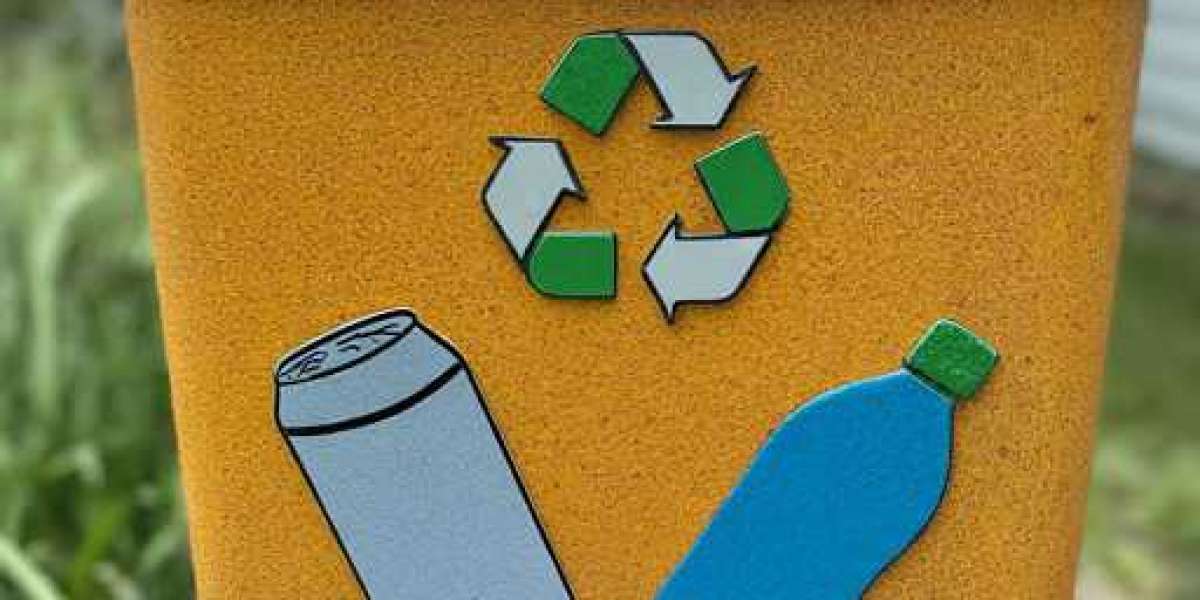Massachusetts is leading the charge in sustainable living practices, with recycling being a cornerstone of its environmental initiatives. To make recycling more accessible and efficient, the state has seen an increased adoption of recycling kits—convenient packages designed to help residents and businesses responsibly manage waste. Here’s a closer look at how recycling kits in Massachusetts are revolutionizing waste management.
What Are Recycling Kits?
Recycling kits are curated tools and containers designed to simplify the recycling process. They typically include:
- Bins or Bags: Clearly labeled receptacles for sorting recyclables.
- Educational Materials: Guidelines on what can and cannot be recycled.
- Specialty Disposal Options: Prepaid mail-back boxes for items like batteries, electronics, or hazardous materials.
Some kits are tailored for specific types of waste, such as e-waste, textiles, or organic materials, while others are comprehensive, covering a wide range of recyclables.
Why Recycling Kits Matter
The convenience of recycling kits addresses common barriers to recycling, such as confusion over materials or lack of proper tools for collection. In Massachusetts, where residents and businesses are subject to strict waste disposal regulations, these kits provide a straightforward solution to stay compliant and eco-friendly.
Massachusetts and Recycling Goals
The state has set ambitious goals to reduce waste and increase recycling rates. The Massachusetts Department of Environmental Protection (MassDEP) aims to achieve a 30% reduction in total waste disposal by 2030 and a 90% reduction by 2050. Recycling kits play a critical role in reaching these targets by:
- Promoting Awareness: Kits often include educational resources, encouraging people to recycle more effectively.
- Reducing Contamination: Proper sorting tools help keep non-recyclable materials out of recycling streams.
- Handling Hard-to-Recycle Items: Specialized kits provide safe disposal for complex materials like electronics, which are otherwise challenging to process.
Where to Get Recycling Kits in Massachusetts
Recycling kits are available through a variety of channels:
- Local Governments: Many municipalities offer kits as part of their recycling programs.
- Retailers and Online Stores: Companies like TerraCycle and The Home Depot sell specialized recycling kits for batteries, light bulbs, and more.
- Community Initiatives: Nonprofits and environmental organizations often distribute kits to encourage sustainable practices.
Success Stories and Community Impact
Several Massachusetts communities have embraced recycling kits with notable success. For example, Cambridge introduced curbside composting kits that include bins and compostable bags, resulting in a significant reduction in organic waste sent to landfills. Similarly, Boston’s electronic waste collection drives often distribute e-waste recycling kits, helping residents dispose of gadgets responsibly.
Challenges and Opportunities
Despite their benefits, recycling kits face some challenges:
- Cost: Kits can be expensive for large-scale implementation.
- Education: Ensuring users understand how to use the kits effectively is crucial.
- Adoption Rates: Encouraging widespread adoption requires robust marketing and incentives.
Massachusetts has an opportunity to address these challenges through subsidies, public awareness campaigns, and partnerships with private organizations.
Conclusion
Recycling kits in Massachusetts are a game-changer as it strives to become a model of sustainability. By simplifying waste management and encouraging responsible recycling, these kits empower residents and businesses to make a tangible difference. With continued support and innovation, Massachusetts can lead the way in building a greener, cleaner future.
 Meet Ups
Meet Ups
 Experiences
Experiences
 Learning Center
Learning Center
 Accommodation
Accommodation
 Roomie
Roomie
 Ride
Ride
 Spread the Word
Spread the Word
 Student Bazaar
Student Bazaar
 Jobs
Jobs
 Blogs
Blogs
 About StudentInsta
About StudentInsta

